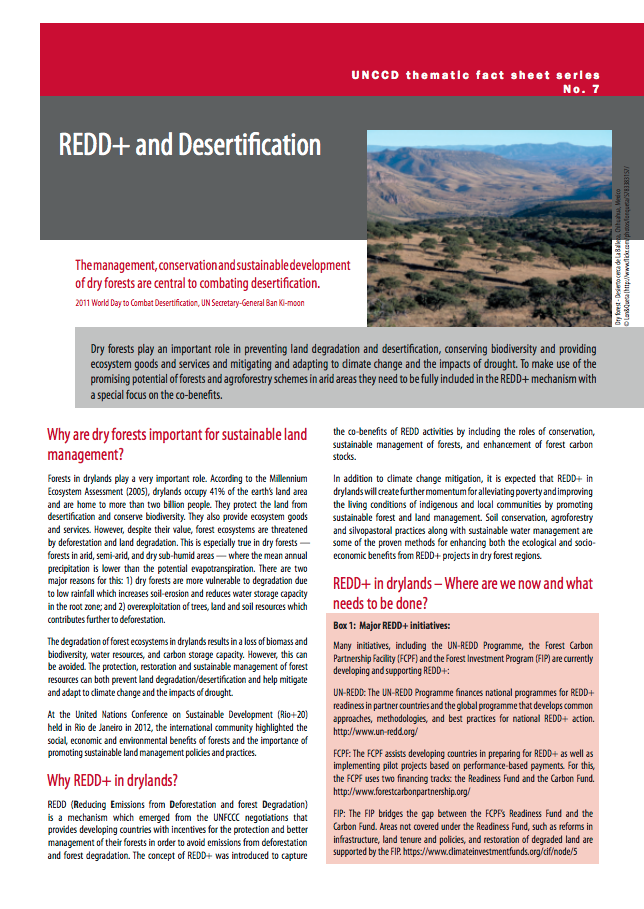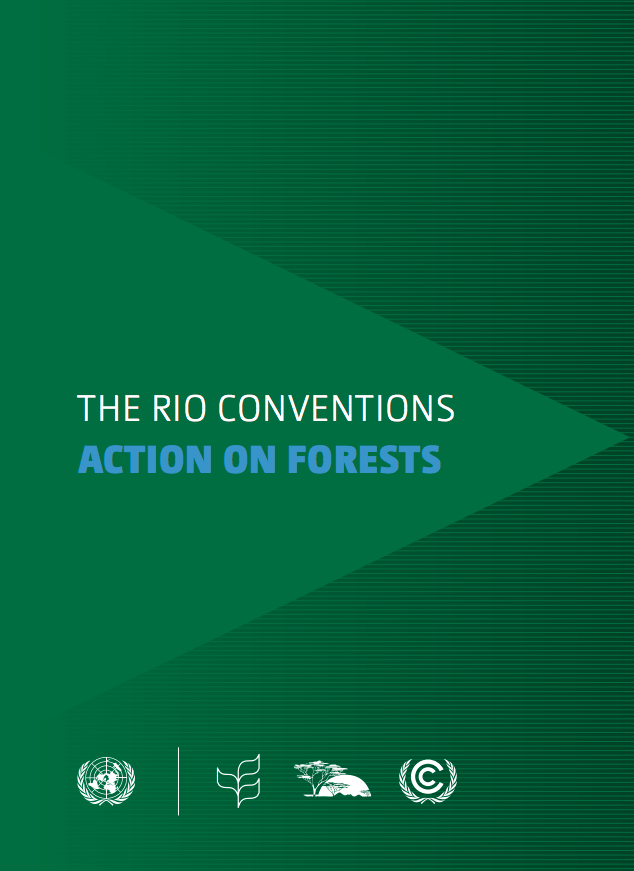Leasing of degraded forest lands: Working Group's report on the prospects of making degraded forests available to private entrepreneurs
The Planning Commission set up a Working Group to examine the prospects of leasing out of degraded forests to the private entrepreneurs/ Forest Corporations. The terms of reference for the Group were:-
· Economic, social and environmental feasibility of leasing or otherwise making degraded forest land to the
private entrepreneurs/ Forest Corporations.
· Implication of Ninth Plan, forest policy, forest law on this issue.






